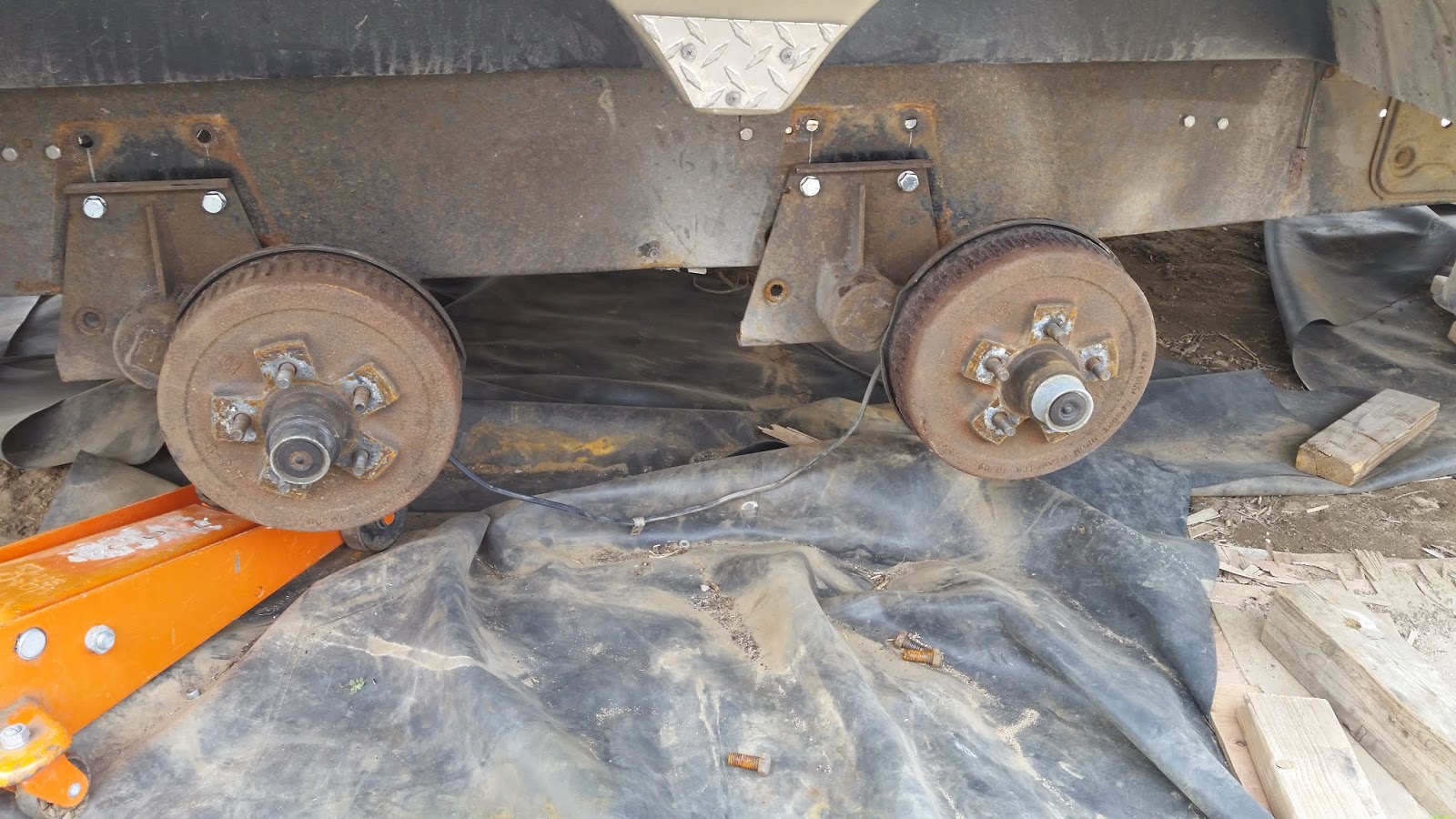During our travels we meet a large majority of older people that are convinced that the Gov. or pension check that enables their lifestyle will never end, and to try to relate to them that nothing in life is guaranteed .. well that is just preposterous.
So with this article maybe some will try and look outside if the perfect little box the propaganda machine has constructed for them.
Guarantees based on extracting higher taxes, borrowing trillions of dollars and creating trillions more out of thin air only guarantee eventual systemic implosion.
It is difficult for those living through tectonic social and economic shifts to recognize the passing of one era and the emergence of a new era. We are clearly in such a tectonic shift, yet it is slow enough and uneven enough that those who hope the old era will somehow endure despite the erosion of its foundations can find evidence to support their beliefs.
One such cherished belief is the faith that financial security can be guaranteed. This faith has two components:
1. The faith that risk can be identified and managed to the point it cannot disrupt the payment of promised pensions, benefits, yields, etc.
2. The faith that the system can pay what has been promised by one means or another.
If tax revenues are inadequate, taxes can always be raised. If tax revenues fail to rise, then the money needed to pay the promised pensions, benefits, etc. can be borrowed. If the money cannot be borrowed, then it can simply be created out of thin air by central banks or printed by government treasuries.
Before the advent of high finance, lowering risk could only be achieved by spreading the risk over a large populace. To lower the risk to individuals that their house would burn down in an accidental fire, insurance was sold to 1,000 homes. If one or two of the 1,000 homes burned down each year, the insurance could pay the claims and still build up reserves for future claims.
But if a conflagration burns down all 1,000 homes, the insurance is overwhelmed; the guaranteed coverage is rendered worthless.
The creation of a volunteer (or tax-supported) fire brigade will also lower the risk that an accidental fire could spread. But once again, such a brigade can only mitigate very limited fires; a second fire or a windstorm would exceed the capacity of the brigade to extinguish multiple fires.
The faith in guaranteed security is actually a faith that there will be no consequences from borrowing or printing enormous sums of money, and no possible risk to the system that cannot be anticipated and mitigated with some fancy financial footwork.
Is this faith reality-based? We know that borrowing immense sums of money does have consequences: interest must be paid out of future income, reducing the income that can be consumed or invested, and dependence on borrowed money creates moral hazard: rather than make difficult trade-offs, the borrower just borrows more money.
Creating money out of thin air is also not consequence-free. Fancy financial footwork can mask the consequences of creating money to pay promised pensions, benefits, etc., but eventually the reality that creating money does not create wealth intrudes on the fantasy that if tax revenues are insufficient, and borrowing has limits, then we can guarantee incomes, pensions, benefits, etc. by creating money out of thin air.
Those dependent on the promises made in the previous era will support any policy that "extends and pretends" the illusion that financial security can be guaranteed, regardless of seismic shifts in the natural and financial economies.
The irony of "extend and pretend" is these policies only push the system to extremes that guarantee systemic collapse. The more we avoid facing the intrinsic insecurities generated by tectonic shifts, the more we hasten the sudden implosion of old systems pushed beyond their limits.
Real security arises from the constant volatility, friction and insecurity of experimentation, adaptation and dissent. Guarantees based on extracting higher taxes, borrowing trillions of dollars and creating trillions more out of thin air only guarantee eventual systemic implosion.
Put another way: spreading the risk of a house fire amongst the 1,000 homeowners does not actually lessen the risk of a conflagration burning down the entire town.
Link to story
















